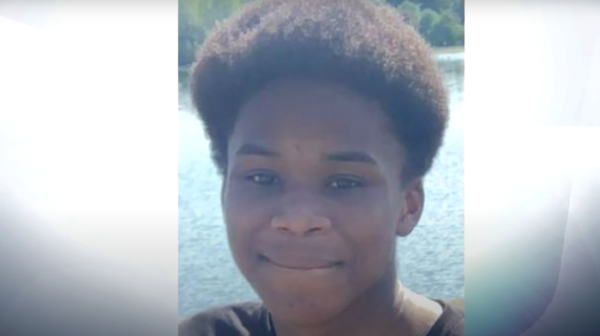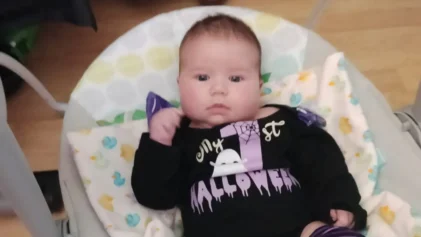A mother from the United Kingdom believes the country’s justice system let her down after the five people responsible for his death were acquitted of murder. The courts found them guilty of manslaughter, a lesser charge — giving the teen whose stab wound killed the boy less than seven years in state custody for the crime.

According to The Guardian, on Friday, May 6, the Birmingham crown court convicted a 15-year-old defendant, whose name has not been made public because of his age, of manslaughter in the killing of Dea-John Reid.
The unnamed boy was acquitted of murdering the boy. The court said Reid, a Black British 14-year-old, was “hunted” down by a group during a trip. The boy will serve six years and six months in detention for his killing, getting out at 21.
Originally the teen claimed self-defense, but a jury rejected his plea.
Four others, George Khan, 39, Michael Shields, 36, and two teenagers aged 15 and 16, were also all acquitted of murder and punished with the lesser crime of manslaughter.
The cause of the conflict was a dispute that quickly escalated, without adults doing anything to calm down the situation.
Mr. Justice Johnson, the judge, said Dea-John “stood no chance” against the all-white mob.
He said, “He was unarmed, he was no threat to you. The CCTV shows that there was a concerted chase of Dea-John, which was led by you. If an adult did what you did then that would almost certainly be murder and they would be sentenced to life imprisonment.”
Johnson said the argument “did not remotely justify” the death that he considered racially motivated and “disgusting,” the BBC reports.
“The CCTV shows that there was a concerted chase of Dea-John, which was led by you and which involved four others,” he added during the sentencing.
“Your co-defendants were acquitted by a jury of homicide. But that does not mean that they had no involvement in what you did.”
The footage also had the group shouting the “N-word” and other racial epithets
Joan Morris, the victim’s mother, says she believes she has been let down by the courts, adding her son had been “hunted by a lynch mob reminiscent of a scene from Mississippi Burning.”
In a statement, she said, “The verdict of manslaughter, while all the others are found not guilty, just goes to prove to me that the life of Dea-John Reid, my son, a young Black man, doesn’t matter. I was told that justice will prevail, and I put my trust in the system, but I do sincerely believe that this system has let me down.”
Bishop Desmond Jaddoo, a community activist and spokesperson for Dea-John’s family, said there would be a “Justice for Dea-John Reid” campaign launching.
“This trial has raised more questions than answers,” he said. “While welcoming that someone has been held to account for causing Dea-John’s death, it tells us how this system is not geared up to give Black people justice.”
Dea-John was killed on May 31, 2021, on College Road in Kingstanding, north Birmingham, in broad daylight, after a group played out a “revenge attack” in retaliation to an earlier event, where the teen allegedly tried to rob the 16-year-old defendant. The judge further said, the “earlier events provided a motive but did not amount to immediate provocation.”
Six males, two adults and four teens, were originally arrested for the murder.
A lawyer described the group as acting “like a pack chasing down their prey” during the altercation. Footage showed the boy running and losing his breath. The teen defendant wore a balaclava and gloves when he fatally stabbed Dea-John with a kitchen knife.
Dea-John died on the scene from one single stab wound that penetrated his chest and punctured his heart.
During remarks to the court, Moore remembered her son as full of life and dreams.
She said, “After seeing my son bouncing around with life, he went out to play football and never returned,” she said. “Suddenly, my youngest baby at the tender age of 14 had gone and all I was being told is that I cannot even see him. The next time I saw him was in a mortuary in Coventry.”
“Whilst members of the perpetrator’s family will be able to visit their loved one and eventually see him released back in the community, my only visit to Dea-John, is to a grave in a cemetery.”
Concluding, “My only reunion with Dea-John may well be if I am still in this country, to join him in his grave when the Lord calls me home.”


